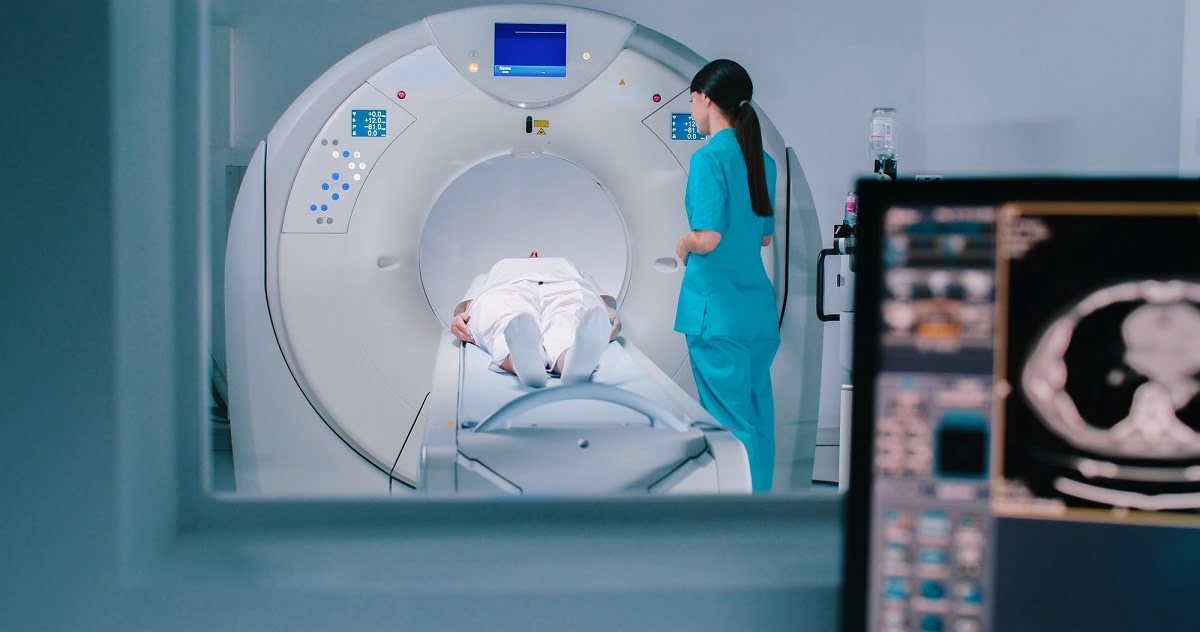Who Should Get a CT Chest with Contrast and Why?
A CT Chest with Contrast is commonly recommended for individuals who require a detailed examination of the chest structures due to specific health concerns or symptoms. Indications for this scan include:
1. Suspected Pulmonary Embolism (PE): The contrast dye highlights the blood vessels in the lungs, helping doctors detect blood clots, which is critical for diagnosing pulmonary embolism.
2. Evaluation of Tumors and Masses: For individuals with lung nodules or suspected tumors, the contrast dye provides a clearer image of the size, shape, and location of abnormal growths in the chest.
3. Aortic Aneurysms or Dissection: A CT Chest with Contrast can assess the aorta and identify life-threatening issues such as aneurysms or dissections, especially in patients with chest pain or risk factors for cardiovascular disease.
4. Chest Infections and Inflammation: Conditions such as pneumonia, lung abscesses, or inflammatory diseases can benefit from contrast-enhanced imaging, which provides better visualization of infected or inflamed areas.
5. Heart and Vascular Diseases: A CT scan with contrast helps assess heart structures and major vessels, making it a valuable tool for evaluating cardiovascular health and planning treatments.
Importance of a CT Chest with Contrast
A CT Chest with Contrast is an invaluable diagnostic tool for assessing chest structures and diagnosing complex conditions, offering several key benefits:
1. Enhanced Visualization: The contrast dye allows clear imaging of blood vessels, soft tissues, and other structures, aiding in the accurate diagnosis of a variety of chest conditions.
2. Detailed Tumor and Mass Evaluation: The scan provides high-resolution images, helping to determine the precise size, location, and involvement of tumors or growths.
3. Rapid and Non-Invasive Diagnosis: This fast and non-invasive procedure is particularly useful for emergency cases, such as suspected pulmonary embolism, where timely diagnosis is critical.
4. Guides Treatment Planning: The scan results provide essential information for creating tailored treatment plans, especially in cases involving vascular issues, tumors, or infections.
5. Monitoring Disease Progression: A CT Chest with Contrast is also helpful for monitoring changes in known conditions, helping doctors assess treatment effectiveness and adjust plans as needed.









